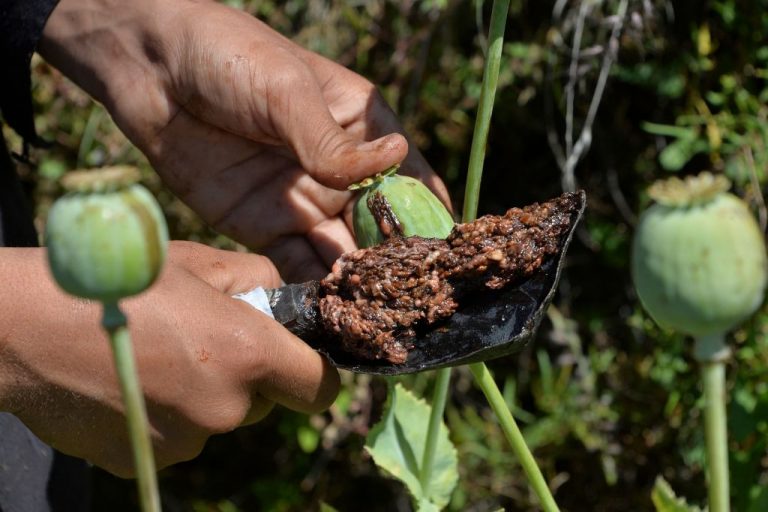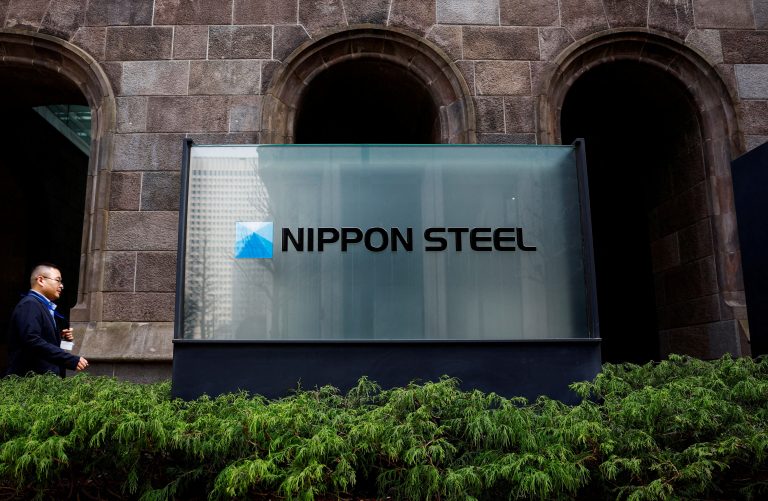On April 3, the Taliban government in Afghanistan implemented a repressive ban on the cultivation of drugs in the country.
Those caught opposing the law are to be punished according to the Taliban’s interpretation of Islamic law, despite Afghanistan being the world’s largest producer of opium that would have allowed easier income for impoverished farmers nationwide.
The Taliban’s ban on drugs
As announced by Taliban leader Haibatullah Akhunzada on Sunday, farming opium poppy has been made illegal throughout Afghanistan, in addition to the “production, use and transportation” of other narcotic crops.
“As per the decree of the supreme leader of the Islamic Emirate of Afghanistan, all Afghans are informed that from now on, cultivation of poppy has been strictly prohibited across the country,” Haibatullah said.
“If anyone violates the decree, the crop will be destroyed immediately and the violator will be treated according to the Sharia law,” he later added at a news conference in Kabul.
Success
You are now signed up for our newsletter
Success
Check your email to complete sign up
The decree echoes a previous ban on illicit drugs implemented by the Taliban in the late 1990s, before the extremist organization was ousted in 2001. Afterwards, poppies became the primary source of income for farmers across the country, despite international efforts to destroy the drug.
With the Taliban back in power in 2021, the ban comes after the repressive control of the government is placed upon its people, with countless Afghan civilians suffering from displacement from their homes or starvation.
According to Taliban sources, opposition to the ban is highly expected from “some elements within the group,” an article by Reuters wrote.
Opium farmers’ plight

Despite the intentions to appease the international community, the ban of illicit drugs does have its flaws, especially when it comes to the people’s income.
Afghanistan is currently the world’s largest producer of opium, having produced more than 6,000 tons of opium in 2021, before the Taliban takeover of the country. It produces more opium than all of the other opium-rich countries combined.
According to NPR, in a 2016 interview with Afghan governor Hayatullah Hayat of Helmand, Afghanistan’s poppy production makes up more than 90 percent of the world’s heroin. About 80 percent of the heroin then finds its way to Europe.
A United Nations (UN) report in 2021 also showed that opiates generate between $1.8 billion and $2.7 billion, which makes up seven percent of Afghanistan’s GDP. It is also suggested that “illicit drug supply chains outside Afghanistan” could provide more income.
In 2020, the UN also reported a 37 percent increase in opium poppy cultivation, with 224,000 hectares of opiate activity.
The U.S. even spent “nearly $9 billion on counternarcotics efforts since 2002” but it was not enough to stop opium cultivation from growing in the country, made even more difficult with insecurity, a report by the Special Inspector General for Afghanistan Reconstruction (SIGAR) wrote.
For the farmers working in the opiates, one could earn $300 a month out of cultivating the drug, where other drugs are said to be “not profitable.”
Opium poppy cultivation became a means of survival for farmers, as the impoverished would also “use the promise” of the next opium harvest just to afford basic cooking materials like flour and cooking oil.
An anonymous farmer in Helmand said that the prices for poppy have doubled upon hearing rumors that the Taliban was about to ban the cultivation, stressing that he needed to grow poppy to nourish his family.
With the decree to ban drug cultivation and the departure of foreign forces, however, the farmers would find it much harder to afford their needs, with the country already “in free fall” from the growing humanitarian crisis, al-Jazeera reported.
UN chief Antonio Guterres said on Thursday, Mar. 31, that Afghans needed about $4.4 billion to get “enough” food to survive. He added that children and even body parts are being sold just to get food.
It is currently unknown what the Taliban will use as a substitute for opium and other narcotic crops.
















